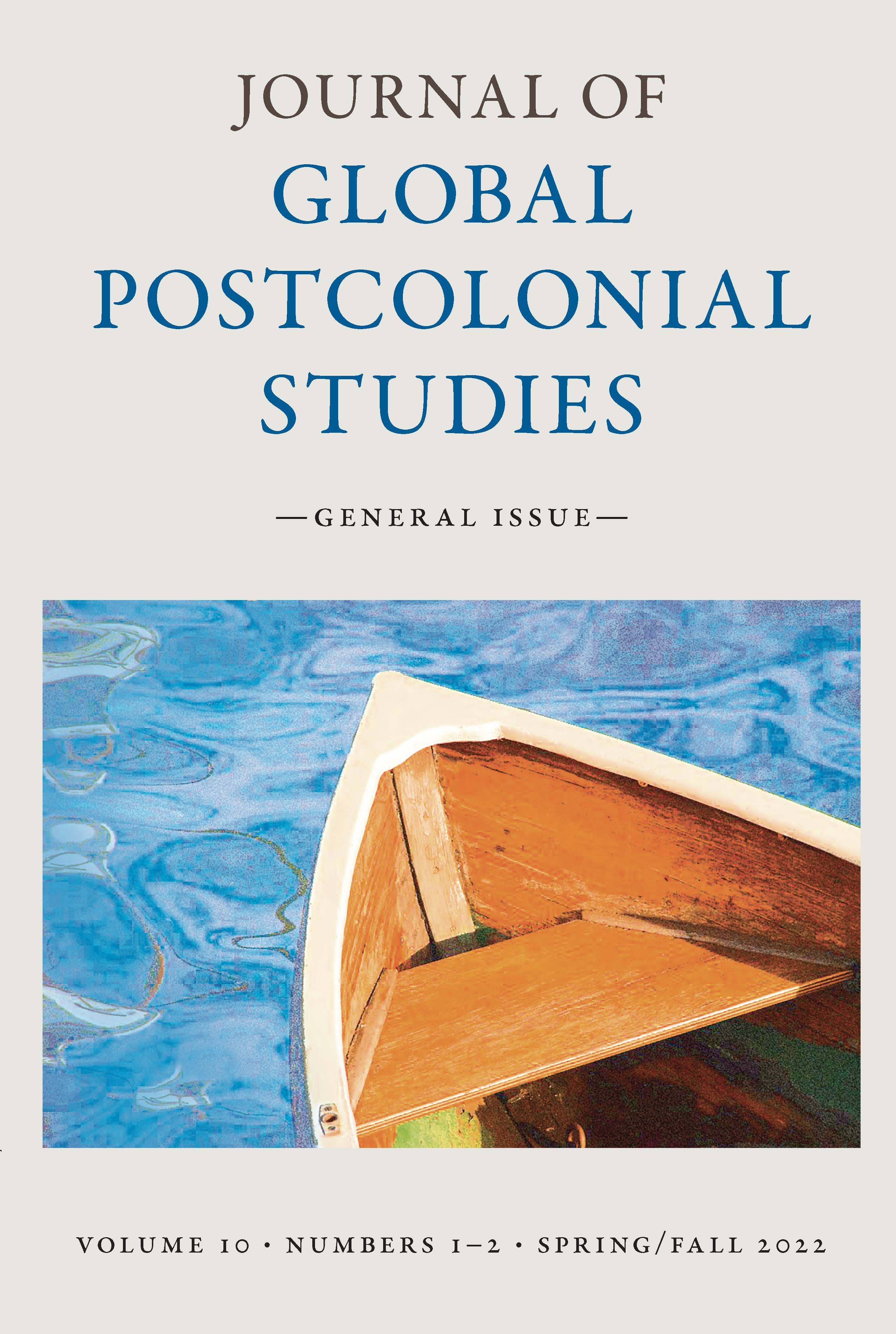Puns Upon a Time Beyond the Monologic Discourse of History in "Sea of Poppies"
Main Article Content
Abstract
This article argues that Amitav Ghosh’s Sea of Poppies combats monologic discourse by channeling what Mikhail Bakhtin calls the dialogic imagination. The first instalment in the Ibis trilogy, which explores the events leading up to and following the first opium war, the novel follows the overlapping trajectories of six characters who undergo significant transformations as they cross the Indian Ocean aboard the eponymous ship. While much scholarship on the novel has discussed how barriers of caste, race, gender, and class crumble aboard the Ibis, this essay contributes to a growing corpus that attends to the novel’s imbrication between language and politics. This essay contends that it is through its linguistic inventiveness, specifically its multilingual wordplay, that the novel undermines the grand monologic narratives of history. Insisting on the narrative’s inventiveness allows this essay to discuss how it provides access to the past otherwise than the mold of academic history.

